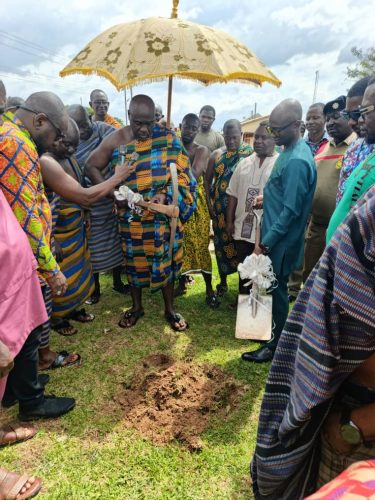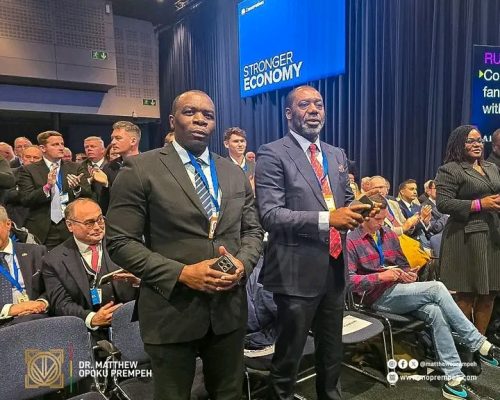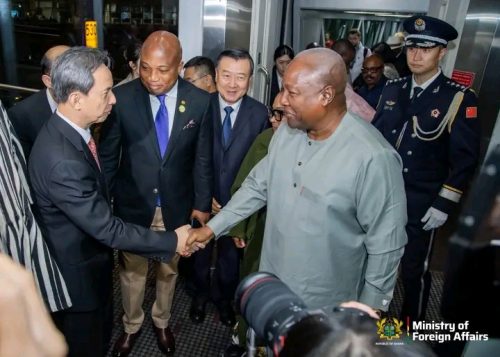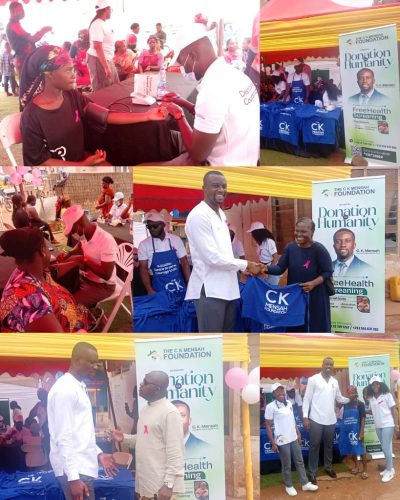
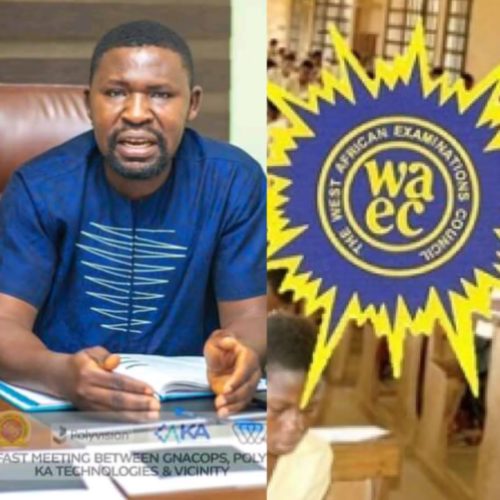
Kwasi Gyetuah, Date : 22/06/2024
National Executive Director,
Ghana National Council of Private Schools (GNACOPS)
Email: gyetuahpenoch@gmail.com
0249641349

To: The Editor
To All MediaHouses
Ghana


Title: WAEC’s Outdated Assessment Methods: A Waste of Resources?

The recent warning from the West African Examinations Council (WAEC) to postpone the Basic Education Certificate Examination (BECE) due to budgetary limitations is a stark reminder of the outdated assessment methods perpetuated by the organization. WAEC’s reliance on traditional pen and paper tests is not only archaic but also a waste of valuable resources.
In today’s digital age, it is alarming that WAEC still prints question papers, which become obsolete after the examination. This approach is a drain on the country’s resources, particularly when more innovative and efficient assessment methods are available. The use of technology and AI can enhance assessment, making it more effective and efficient.

The common core curriculum is centered on innovation, critical thinking, and creativity, yet its assessment methods fail to reflect these values. It is time for WAEC to adopt modern assessment tools that align with 21st-century education goals.
The West African Examinations Council (WAEC) is stuck in the past, refusing to embrace innovation and creativity in its assessment methods. The organization’s insistence on traditional pen and paper tests is not only outdated but also a waste of resources. The amount spent on conducting one outdated assessment could be used to establish technological systems that assess multiple modern, verifiable learning outcomes.
WAEC’s monopoly status has led to complacency, causing the organization to lag behind in adopting innovative assessment methods. This stagnation undermines the country’s efforts to develop its educational systems. It is time to reassess WAEC’s effectiveness and consider whether its continued dominance is in the best interest of the country’s educational progress.
By clinging to outdated methods, WAEC is hindering the development of our educational systems. We urge the organization to embrace innovation and creativity in its assessment methods, aligning with 21st-century education goals. Only then can we hope to see meaningful progress in our educational systems.
I urge the Ministry of Education and Parliament to instruct WAEC to embrace innovative assessment methods, rather than perpetuating outdated practices. As a nation, we cannot afford to waste resources on obsolete assessment methods.
Let us move towards a more sustainable and innovative assessment system that prepares our students for the future.

Enock Akonnor is an experienced Ghanaian journalist, based in Kumasi and currently serves as the CEO and Managing Editor of www.leakyghana.com.
With a wealth of expertise built over many years in the media industry, he has earned a solid reputation as one of Ghana’s most sought-after journalists.
Contact:
📞 +233 541 921 562
✉️ enockakonnor2013@gmail.com





